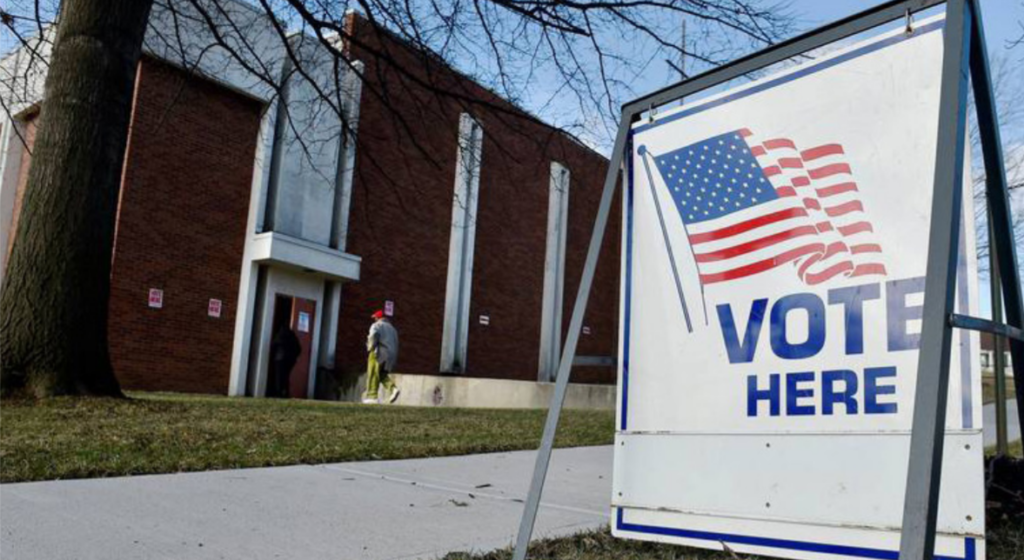Every election cycle, I hear the same thing from people my age. They complain about not wanting to vote for someone who doesn’t represent them, someone who doesn’t speak to young peoples’ issues.
And they’re not wrong. Campaigning public officials speak about the importance of Medicare and Medicaid, Social Security and taxation. There are other topics that get focused on, too, but these issues are always in circulation. All important issues of course, but all issues that apply to a more aged population.
The natural progression for this line of thinking culminates in a simple question. Why these issues? Why is this what politicians choose to focus on?
The answer is simple: because young people don’t vote. It’s not a new pattern by any means. Voters under 30 years old have long been the least registered age group of voters and, additionally, the least likely to vote.
According to numbers from the US Census, less than a fifth of voters aged 18 to 29 cast ballots in 2014, compared to almost 60% among voters over 65. Turnout in a midterm election is always lower than a presidential election, but these numbers tend to follow the usual pattern.
It seems only natural that politicians who rely on votes to get them re-elected would focus on the demographic that votes the most. But this behavior creates a vicious cycle for young people: they are not voting because no one speaks to them, and because they don’t vote they don’t get spoken to.
This goes on and on, and every election I hear someone use this criticism to justify their decision to not vote. Maybe I’m just cynical or unsympathetic, but this reasoning always drives me up the wall because it tends to mean one of two things.
One, this person just doesn’t care about voting but is unwilling to admit it. Or two, they truly are upset about this trend, but refuse to be part of the solution. To me, that’s worse than the first reason by a long shot.
It’s worse because they’d rather wait for politicians to suddenly change than take agency themselves.
I hope you don’t misconstrue my message. I don’t want to discount legitimate qualms that some people have with voting. There are plenty of those. I’m not advocating for supporting one of the major parties despite being dissatisfied with their candidates, and I’m not saying that choosing to abstain out of protest isn’t sometimes a valid option.
I’m simply saying that if we wait for politicians to start speaking to us, well we might be waiting forever.
The future isn’t all doom and gloom, though. Voter participation in the 2018 election among young people nearly doubled, and experts estimate we might see similar levels in the general election this year.
And it doesn’t seem to be a coincidence that a few major primary candidates have given a small spotlight to young peoples’ problems, mainly college costs and the ensuing debt.
Maybe, just maybe, if we keep this up come November, we might be spoken to a little more.
ccwykr@mail.umkc.edu








